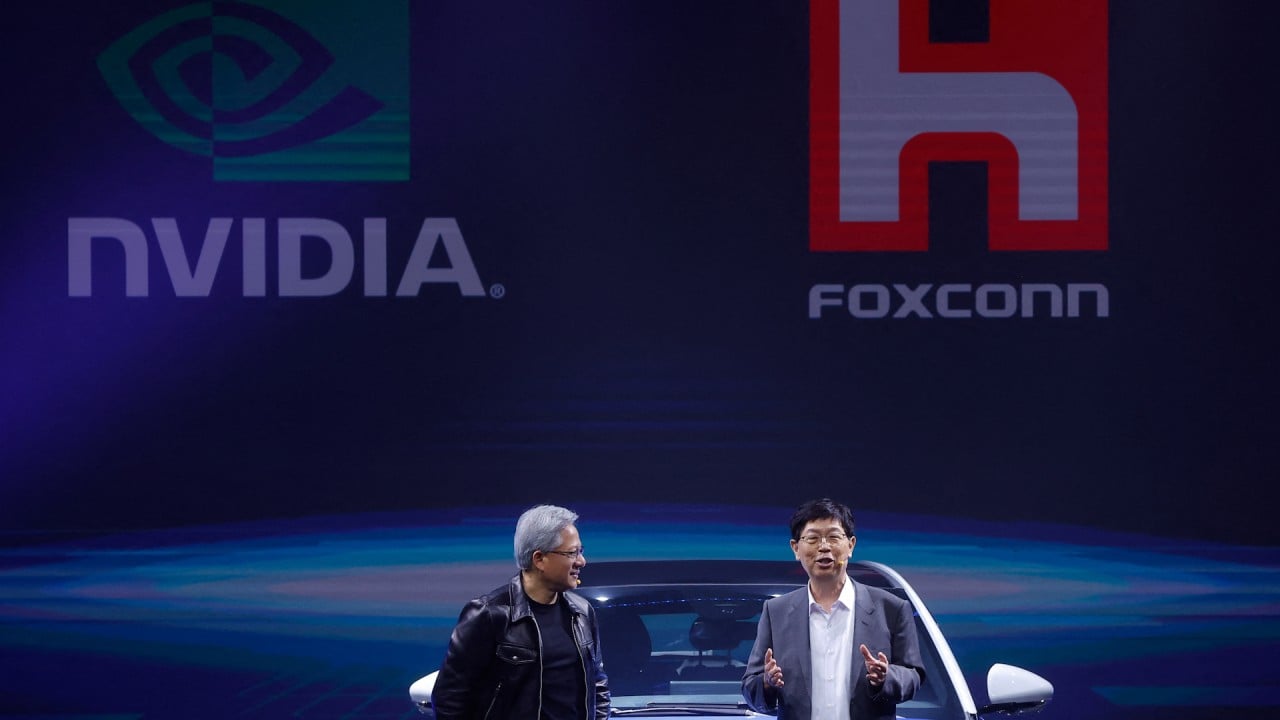Imagine a world where encrypted data is no longer secure, medical advancements are accelerating and governments compete for power in an unseen realm. The race for quantum supremacy is not science fiction but rather the most critical battleground of our time.
Advertisement
At the heart of this contest are China and the United States, which are investing billions to secure quantum supremacy. The stakes extend far beyond scientific innovation, dictating the future of national security, economic power and global influence.
The quantum technology race pits the market-driven innovation of the US against China’s state-directed strategy, with global dominance at stake. While China has invested US$15 billion in quantum research and development through direct state funding, the US relies on a more dispersed but possibly more dynamic ecosystem which combines public and private sector capabilities. These differing approaches will shape the race for quantum dominance and redefine the global balance of power.
China’s focus on quantum technology is consistent with its overall strategic objectives, notably in information security. Beijing’s US$10 billion investment in the National Laboratory for Quantum Information Sciences in Hefei, Anhui province, highlights its commitment to quantum leadership. Chinese researchers achieved a record-breaking 1,200km quantum communication link via the Micius satellite, the world’s first quantum communication satellite. These innovations directly contribute to China’s strategic goals in military communications and cybersecurity, potentially changing the balance of power in future conflicts.
However, the US innovation ecosystem has particular benefits that should not be overlooked. US technology giants such as IBM, Google and Microsoft have accomplished quantum breakthroughs, while a thriving start-up culture and world-class research institutions encourage varied approaches to quantum difficulties. This distributed innovation paradigm has historically demonstrated greater resilience and creativity than centrally operated alternatives.
Advertisement
Meanwhile, China’s strong reliance on state guidance has both advantages and disadvantages. While government support has quickened development and permitted long-term planning, it risks unintentionally limiting organic innovation, which often results from market rivalry and private sector initiatives. The US benefits from a more balanced strategy, which combines significant government support with strong private-sector investment and academic research.


